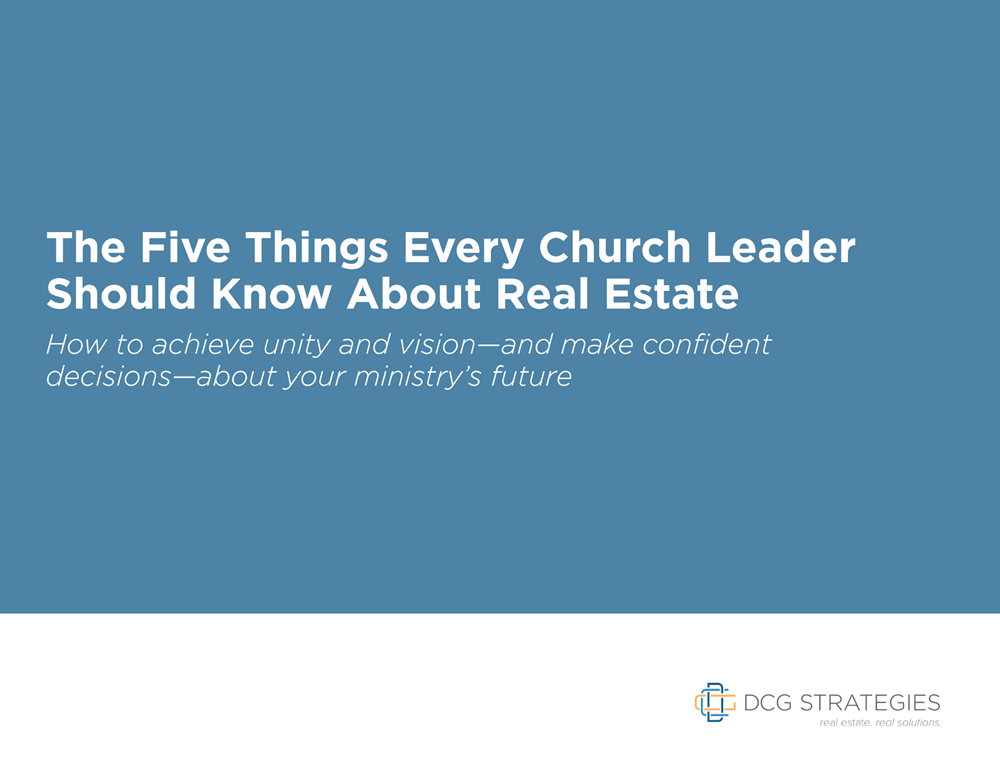When you imagine a house of worship, what comes to mind? Cathedral ceilings? Stained glass windows adorned with religious imagery? Altars laden with incense and candles?
How about a drive-in movie theater?
Yes, as strange as it sounds, the world seems to be moving away from the requirement that religious worship take place only in buildings originally intended as churches. These days, churches are springing up in all sorts of bizarre locations, including people’s homes, school buildings and even former supermarkets. While rigidly devout practitioners may balk at the idea of worshiping in the same location where you once bought apricot preserves, non-traditional church buildings are a growing trend in the religious world.
Repurposed or Traditional?
A survey of 1,200 church-goers at the North American Mission Board showed that 73 percent of respondents had no preference about whether their prospective church met in a traditional building, with 19 percent actually claiming it would negatively impact their decision to attend.
While the majority of attendees noted no preference, nearly 20 percent expressed dissatisfaction with the idea of a non-traditional venue. This was particularly true for worshipers of certain denominations and holiday worshipers, who expressed a desire to practice their faith in a more traditional locale.
Non-Traditional Venues
Hosting your worship in a non-traditional venue changes the landscape of what we consider to be traditional religious worship. Many up-and-coming denominations may not have the funding for dedicated buildings, making facility rental a cost-effective and practical option.
Sure, there are a few boxes that need to be checked to turn your average drive-in movie theater into a house of worship–seating, lighting, and maybe video and audio equipment. However, many of these elements are easily transportable to any location.
Another consideration is available space. Many congregations are too large to be housed in small venues. Multi-purpose rooms in schools and office buildings have shown to be effective at solving this issue, with long-term lighting and video screens pre-installed to provide even the smallest congregation with the tools necessary for contemporary worship.
However, as great as these options can be, they’re not without their drawbacks. Alienation of traditional worshipers isn’t the only concern with repurposed church locations. While the majority of survey respondents claimed no preference, there’s no denying that it can be more difficult to feel spirituality when you’re in the same place as the premier airing of “Shark-Man vs. Godzilla.” One of the challenges of repurposed church locations is making them feel as inviting and spiritual as a traditional house of worship, and masking the intended nature of the building.
At the end of the day, repurposed and non-traditional church venues can provide many cost-saving benefits for religious worship. However, many church leaders may not know where to begin finding these benefits. Working with dedicated real estate professionals who are experienced in the cultivation and management of non-traditional venues can be the best way for religious leaders to meet their often unorthodox property needs.





